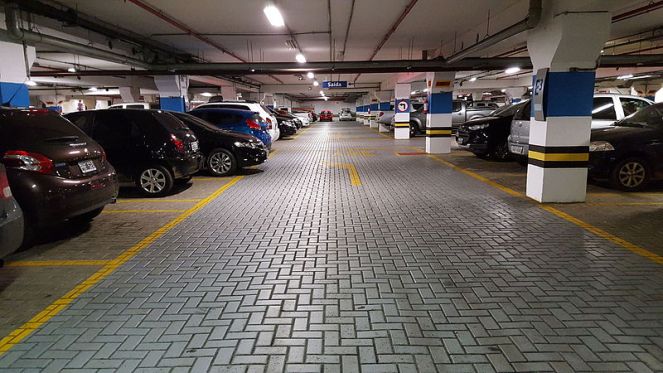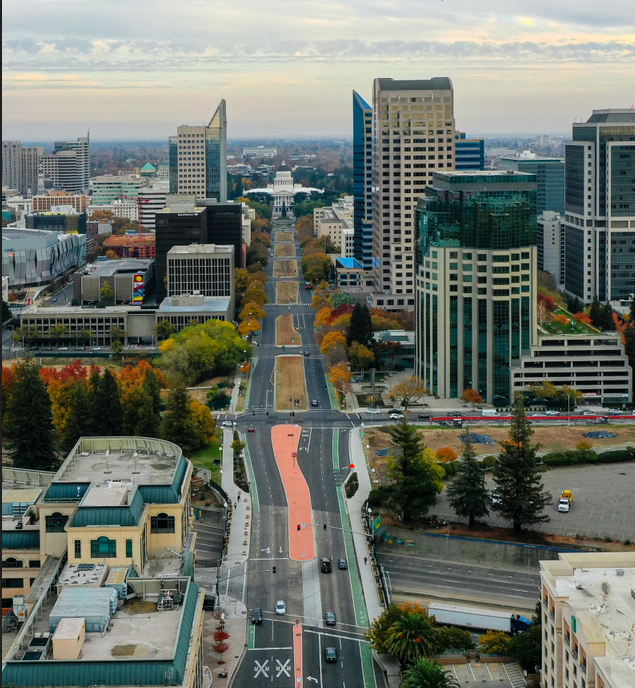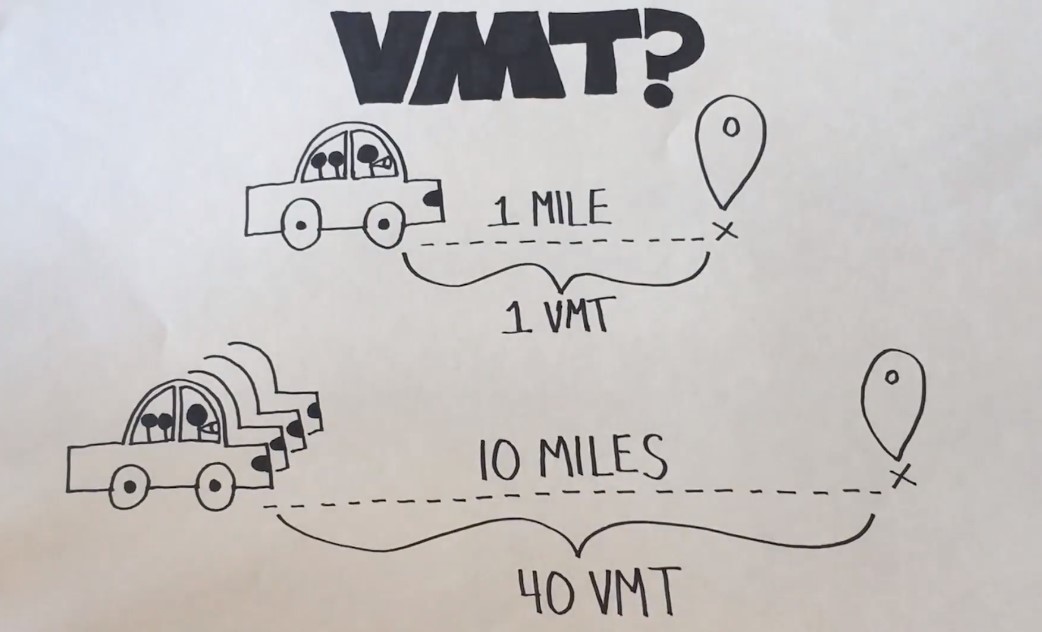There is a new article making the rounds that sheds light on the true cost of providing parking in Los Angeles. The article is "If you’re renting a US city apartment without a car, 16% of your rent pays for parking you don’t need" by Michael J. Coren.
Most Streetsblog readers may be aware that one-size-fits-all parking requirements end up creating excessive parking, especially in urban centers. Though there are exceptions, the city of L.A. typically requires 2 to 2.5 parking spaces per housing unit. Generally, whether or not they own a car, renters typically pay the cost of building and maintaining that parking.
Coren cites a couple of studies that quantify parking costs. A 2016 study by Gregory Pierce and C.J. Gabbe found that garage parking costs renter households "approximately $1,700 per year, or an additional 17% of a housing unit’s rent." The study estimates that overall in the United States carless renters pay $440 million annually for parking that they do not use. Coren, Pierce and Gabbe point to the equity implications of "this transport cost burden being effectively hidden in housing prices" stressing that required parking "imposes a steep cost on carless renters—commonly the lowest income households—who may be paying for parking that they do not need or want."
Coren also cites a 2013 study by Michael Manville which found that Los Angeles City "parking minimums raised apartment prices by about $200 per month and price of a condo by about $43,000."
Note that these are just direct costs to renters and owners. Parking requirements also drive up the cost of building new housing, resulting in fewer units actually getting built. The reduced supply also indirectly drives up the cost of renting or owning.
What is the solution? Pierce and Gabbe suggest two policy changes that would help:
- Cities should reduce or eliminate minimum parking requirements. This is already happening in a number of places, including central L.A, Lancaster, Buffalo, and Mexico City.
- Cities should allow and encourage landlords to unbundle parking costs from housing costs - ie: instead of just charging a lump sum for renting both housing and parking, renters should pay separately for housing and for each parking space needed.






